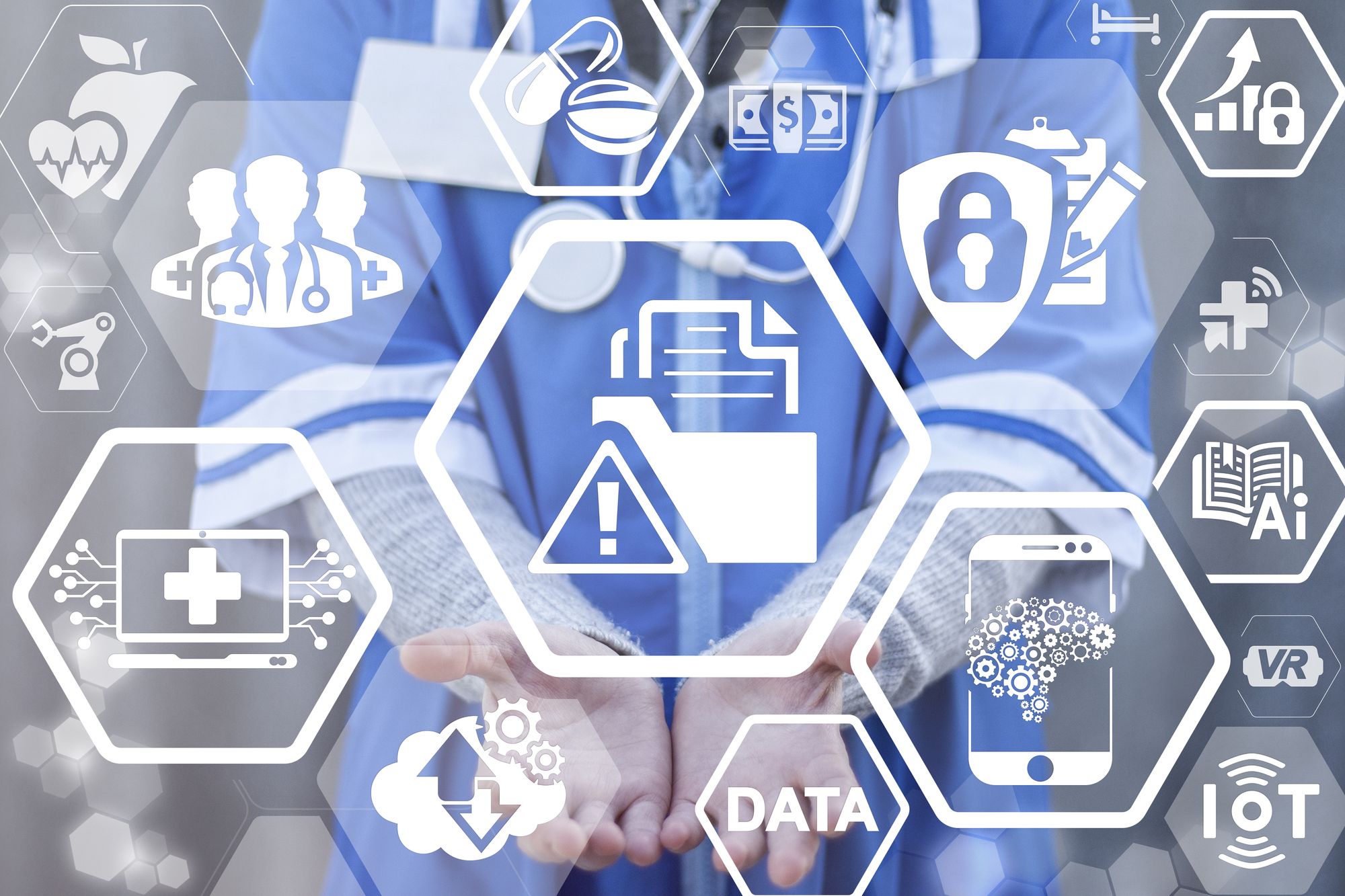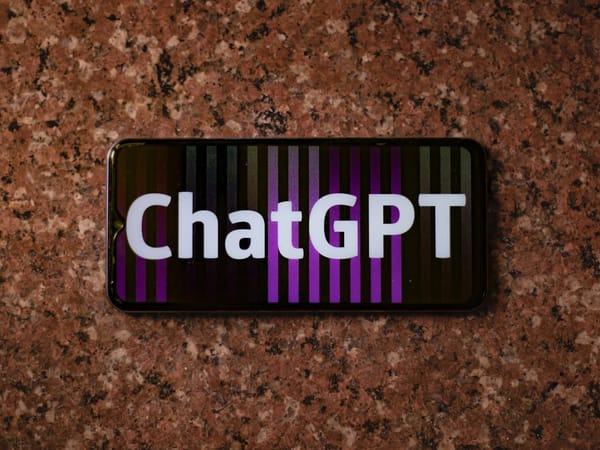5 Steps To Improve Patient Data Security
Table of Content
Healthcare is one of the sectors that’s adopting new technologies at a quick pace. A good example of this is the use of modern tools and the internet to store and retrieve patients’ information. Utilizing automated information systems in healthcare allows doctors to provide more accurate patient information, and better-quality care while also minimizing errors caused by poor or disorganized data.
However, there’s always a risk that unwanted access to information can expose patients’ data to risks, especially when no security measures are in place. Hackers and other unauthorized persons can utilize different means to access patients’ data. Because patient information is private and confidential, it should be protected at all costs.

This article explains simple yet effective steps you can take to improve the security of patients’ data in your healthcare center. Having these measures in place helps avoid costly HIPAA compliance mistakes.
Some of these strategies include the following:
1- Creating Strong Passwords
Creating passwords is one of the most effective strategies to limit patients’ data access. These are secret codes or words someone will require to access your computers or healthcare systems in general. Give passwords only to people whom you believe should have them. Also, the passwords should be strong enough to make it difficult for unauthorized personnel to make a correct guess.
There are several best practices you can implement to create strong passwords. These include using passwords that have numbers, uppercase and lowercase letters, and symbols. More importantly, passwords should be reasonably long to make trying out different combinations impossible (a process known as ‘brute forcing’).
Aside from using passwords, it’s also important for the team to ensure that these passwords are only available to those who are allowed to use them. Notepads and chats with passwords written on them must be removed, as unauthorized people passing by an unattended station might see them.
2- Encrypt Data
The health sector deals with a lot of patients’ information on a daily basis. These details are often shared between different hospital departments. For instance, a receptionist needs to feed patients’ data on computers and share it with the consulting doctors. At the same time, doctors and lab technicians need to work closely by sharing the patients’ health information.
While passwords can help a great deal in promoting patient data, sometimes such records can fall into the hands of the unintended person. That’s where encrypting data becomes necessary. Encryption involves converting patients’ information into a code. The main objective of data encryption is to prevent unauthorized people from understanding your patients’ information even if they get access to it.
Only authorized people should have access to encryption keys. These keys are special codes that allow your healthcare workers and other intended users to decode your encrypted information, converting strings of protected data into a standard or understandable language. Data encryption is widely considered one of the essentials of file protection, and is a reliable way to enhance the security of patients’ data
3- Educate Workers
In some cases, the patients’ data breaches can occur because of your workers’ ignorance. This is a case where they don’t have enough knowledge about security concerns. Protect your patients’ details by training your workers.
Educating employees involves regularly conducting seminars and workshops to teach or remind them about data security best practices. Let them know the importance of securing patients’ information. This will help them to share such information with outsiders or unauthorized persons.
As mentioned before, passwords shouldn’t be shared for security purposes. However, this isn’t always something you can expect your staff to do. This is why you should actively educate your workers about the benefits of keeping their passwords to themselves. You should also remind them about changing their passwords more often. Doing this ensures that no unauthorized person can access your patients’ records even if they had previously seen one of your worker’s passwords by mistake. Train your workers on all they need to do to improve the security of patients’ information.
4- Use Secure Software
Choosing the right software plays an essential role in modern healthcare. These tools enable hospitals to increase their efficiency by streamlining most of their operations. For instance, they can let your workers collaborate more effectively.
The invention of telehealth technology allows hospitals to provide services to patients remotely. This involves using software to connect with patients over the internet instead of visiting a brick-and-mortar health facility. Because sharing patients’ data online poses a serious security risk, using secure software is a top priority.
Some software options use very basic security features, while others have more advanced ones. Find an application with advanced security features like alerts to security vulnerabilities. This helps adequately protect your patients’ information.
Secure software receives constant security updates. This is because hackers scan the older versions of computer applications to determine their vulnerabilities. This means that outdated software faces a great risk of cybercriminal attacks compared to constantly updated ones. You can protect your patients’ data by enabling automatic system updates on your hospital software. This discourages hackers because they will constantly have to find a way to access important info.
5- Choose Reliable Security Partners
As a health center owner, you will most likely be busy dealing with patients, workers, suppliers, and other stakeholders. This can make it difficult for you to stay on top of ever-changing HIPAA security rules and regulations.
Because trying to run a hospital with a full in-house team is both difficult and resource intensive, it has become normal practice for hospitals to outsource several functions. Many modern hospitals rely on outsourcing for IT-related functions because it allows them so spend more resources and manpower on actually providing healthcare without the need to compromise their data security. Aside from taking in IT-related tasks, a reputable IT company can also continuously educate you about HIPAA rules to help avoid security penalties and fines.
Takeaway
Hospital records are significant to the health of patients. They help doctors keep track of patients’ health history when providing medical services to them. Some patients’ details are very sensitive and should be kept confidential. By implement the strategies mentioned above, your hospital can enhance the security of your patients’ data.










